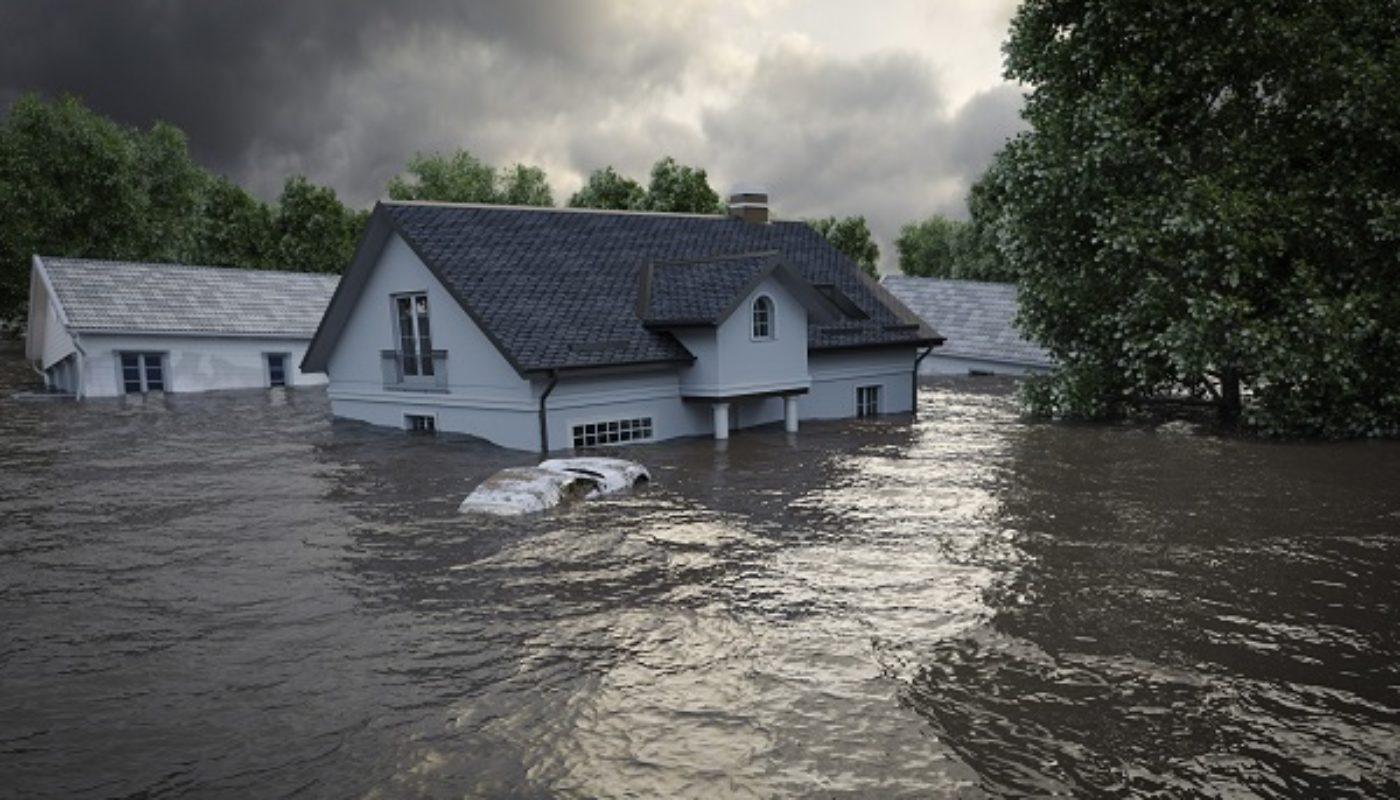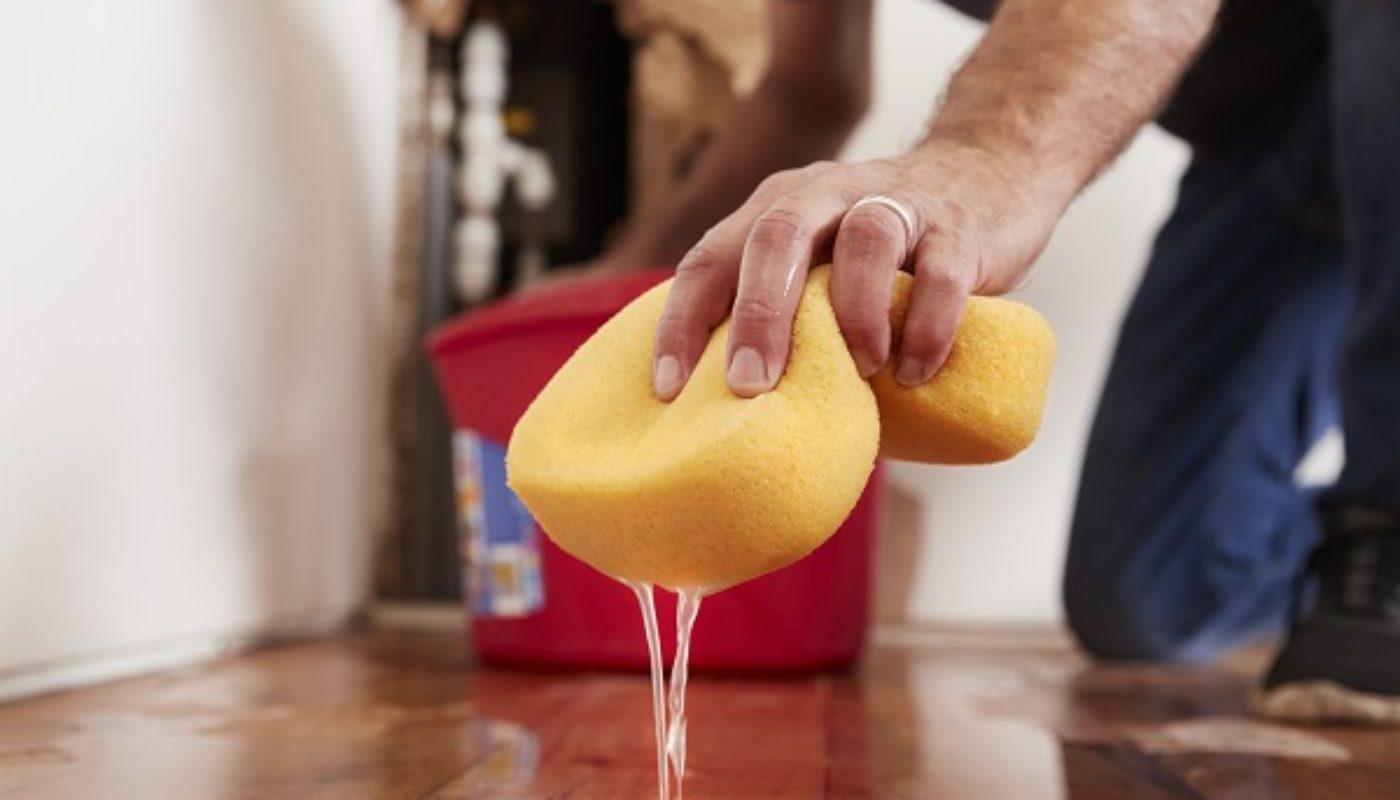Experiencing heavy rainfall can be very tough, especially that it may accompany some inconvenience inside your household. Apart from the risk of damaging your entire home, your water, gas, and electricity line could be affected, not providing you any service. Along with this, your property could also anticipate flash floods, which could affect your entire floor.

A flash flood can happen during heavy rainfall, inviting plenty of water inside your property. While there’s nothing you can do about it once it enters, you should prepare for the heavy cleaning and hire a pressure washing Raleigh North Carolina or whichever state you’re in.
Moreover, below are ways on how you can clean up your home after a flash flood:
Step 1: Safety First
The first thing you need to do before cleaning your home is to ensure your safety. While it can be tempting to get rid of the standing water and clean your house once the sun shines on your neighborhood, you should refrain from doing them immediately as it could bring more harm to your body.
Before soaking yourself into the flood, you should first ensure that you wear protective gear such as rubber boots, waterproof gloves, a safety mask, and goggles. In this way, you can protect yourself from any possible debris as you walk through the floods of your home.
After wearing the appropriate attire, you should begin turning off the main source of your electricity to ensure that your home would be safe from any possible dangers and electrocutions. You should also shut off the gas to avoid any potential accidents and inhaling of toxic fumes.
Step 2: Take Photos
If your home is under flood insurance, you should take photos and videos of the damage first in your home before you can begin cleaning them. You could take proper documentation of the pictures of your property while it’s still flooded and after you remove any water away. Ensure that you take appropriate photos of any molds and damages inside your home.
You may coordinate with your insurance company if they need additional evidence for any water damage inside your home. This will help you to get your claim and possible tax deductions with ease. After taking photos and videos, you can now contact your insurance provider and report to them about the damages inside your property.
Step 3: Remove Any Water

Before you begin cleaning your entire home, you should remove any standing water inside your property for a thorough cleaning process. You can choose to use a bucket or a wet vacuum cleaner to prevent any possibility of back pain. While it can be a more expensive option, it’ll be healthier for your posture and quicker to remove any water right away. When you let water sit still for too long, you may invite intense mold to cover your home as they can begin to develop in as early as 24 hours.
After removing standing water, you should begin removing any moisture left inside your house. You can start by turning on the fans if your electricity lines aren’t grounded, opening the windows and doors, or using a dehumidifier inside the room. The quicker you can remove the water, the better it’d be for the health of your property.
Step 4: Remove Any Debris
During a flash flood, anticipate that outside elements could be lurking in your home. With that, you should remove any existing debris on your floor, furniture, and ceiling. You can gather them together for proper waste management. Moreover, you should also remove any mud by using a shovel and putting them outside your property.
When removing debris inside your home, ensure that you’re practicing safety precautions as they could cause harm to your body. You can use tools to get rid of other elements in your property or call animal control if there’s wildlife inside your home.
Step 5: Scrub And Rinse
Ideally, with an empty room, you should scrub and rinse your entire home with a reliable soap, which could help disinfect your home with any toxins the flood may bring inside your property.
When cleaning your home, ensure that you use house-safe materials that won’t cause any further damage. You should check which materials are safe for your walls and floors. You should also try to remove any molds to ensure your home’s safety. However, if your house has a massive amount of mold, you should consider hiring a professional as they could raise health concerns.
Conclusion
A flash flood will never provide any benefits for your property. Apart from the damages it could bring, it could also put your life at risk. After the heavy rainfall stops and you can begin cleaning your home, you should start by practicing safety precautions and calling your insurance company to get your claims. You can then begin with cleaning your home, making it a safe and healthy environment for everyone.





